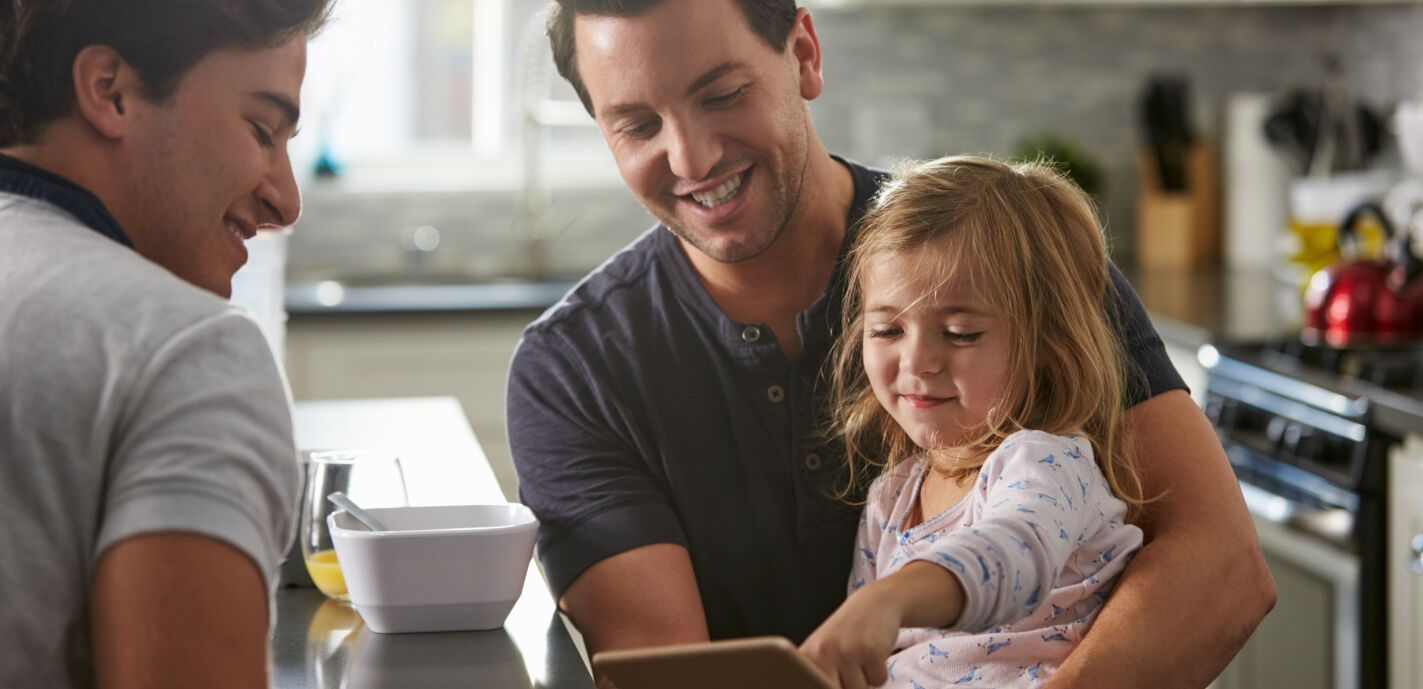


Celebrities that Grew up in Foster Care in Northern England
What happens when a child is taken into care?
8 Benefits of being a Foster Parent
Fostering as a career
How long does it take to become a foster carer?
Becoming a foster carer in the UK
Fostering Myths
Cultural diversity in foster care
How to foster a child
Can I choose who I foster?
What is the role of an independent fostering agency?
How to support the reunification process
What is private fostering?
Benefits of fostering with an independent fostering agency
Fostering a child with disabilities
Fostering a disabled child
Changing IFA: Transferring to Excel Fostering
What happens on an initial home visit?
How to prepare your home for a foster child
Can I take my foster child on holiday?
How to prepare for fostering a child for the first time
Fostering across cultures
Fostering Children UK: Make a Difference
Fostering requirements
Fostering as a single parent
Can you foster a child with a criminal record in the UK?
Can you work and foster
LGBTQ+ Fostering
Can I foster if...?
Can I foster while renting?
5 Transferable job skills to become a foster carer
Fostering with mental health issues
Muslim Fostering
Christian Fostering
Sikh Fostering
Can You Foster if You Have Mental Health Condition
Children who foster
Disability Fostering
5 Myths about Fostering Teenagers
How much does it cost to raise a child in the UK?
5 Foster Child Bedroom Ideas
Can I foster if I have pets?
5 Behaviour Strategies For Foster Care
How to bond with your foster child
What is a Care Leaver?
6 reasons for a child to be taken into foster care
How to adopt from foster care
Fostering Vs Adoption
Tips for coping when foster placements end.
Does my foster child have depression?
How to deal with foster child bullying
Do foster carers get a pension?
Common Fostering Challenges and How to Overcome Them
Everything you need to know about Fostering Teenagers
Do foster carers need to pay tax?
What happens if foster parents separate or get divorced?
Welcoming a new foster child into your home can be both an exciting and daunting experience – you will want to create a safe and friendly home where your foster child can feel welcomed. In our guide, we will be navigating through the steps you can take to create a hospitable environment in which your foster child can thrive.
When beginning a new arrangement with a foster child, it is likely your foster child will feel a varied range of emotions – they may feel confused, or upset, that they’ve been removed from their family home. They may also be feeling anxious about living with a new foster family. Here are a few steps you can take to make the best possible start:
Their room will most likely be the place your foster child spends most of their time, so it should have the ability to provide them with a safe and private space. That’s why adding a few personal touches to your foster child’s room can make the world of difference.
If you are given notice before your foster child arrives, it’s a good idea to liaise with their social worker so that you can find out more about them. A few small details, such as what toys they like to play with or movies they like to watch, can really help a child feel more comfort in their new home. It also shows you’re putting in the effort to get to know them, too.
However, sometimes emergency arrangements happen overnight, or with very little notice. In this case, it’s a good idea to have some generic toys, books, or movies to put in your foster child’s room until you get to know them a bit better.
Although your house doesn’t have to be spotless to foster, it will help a child feel welcomed if they come into a warm and tidy home. Clutter can be overwhelming and may even make the child feel a bit unsettled if your home is in chaos and disarray, so establish good cleaning routines early by ensuring the house, and their room, is clean and tidy from the get-go.
If you don’t have any children living in your home currently, there are a few things you may need to do to keep your home safe for children. For instance, you will have to lock away any medicines, cleaning products and any other form of chemicals out of their reach.
If you are fostering younger children, you may want to pack away any expensive or sentimental items – this is so they can play freely in your home, without the fear of them breaking things. Other safety tips include:
While there are a number of things you can do to prepare for your foster child to live with you, your independent fostering agency will be able to guide you on everything you need to know along the way. During the assessment process, we create a ‘safer care plan’, helping you as foster parents to identify any risks or hazards before your foster child joins you. In short, we’re here for you every step of the way on your fostering journey.
Thinking of becoming a foster carer? Here at Excel Fostering, we offer full training and support to aspiring foster carers. All you have to do is contact us today to find out more information.
If you’ve got any questions or would like to find out more about fostering with Capstone, fill out the form below.
An experienced fostering advisor from your local area will then be in touch.

Start the conversation today. Our team of friendly advisors are on hand to answer any foster care questions you may have. We can offer you honest and practical advice that can help you decide if becoming a foster carer is the right path for you.


